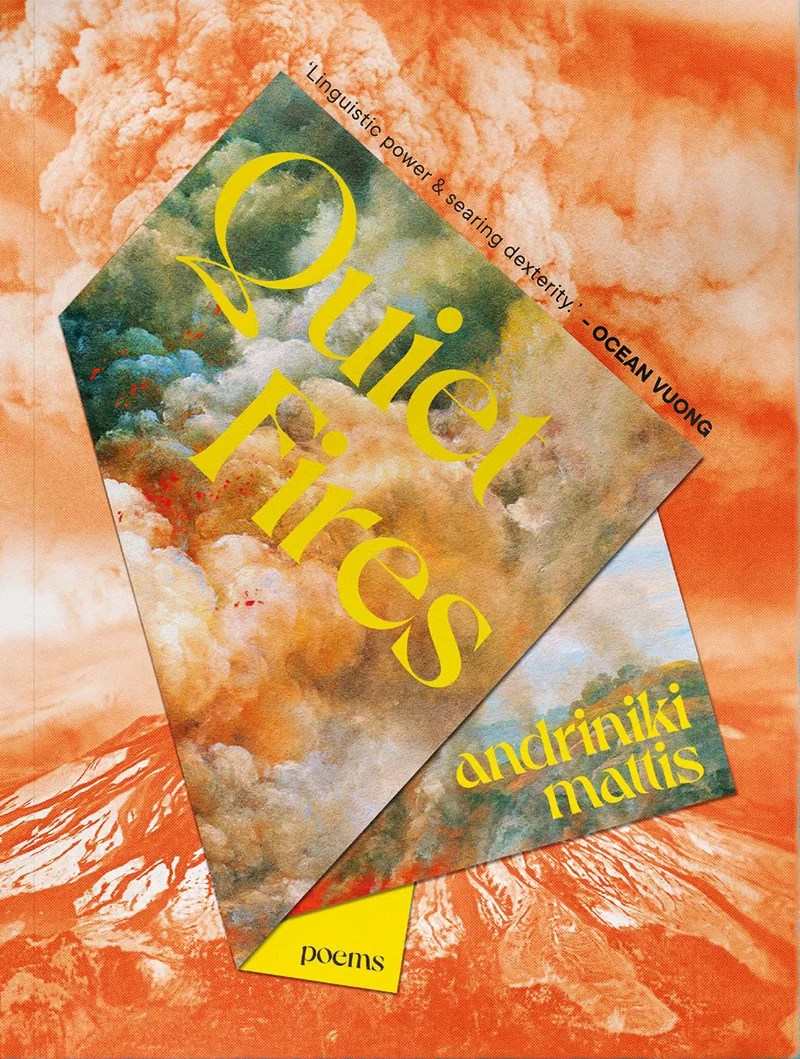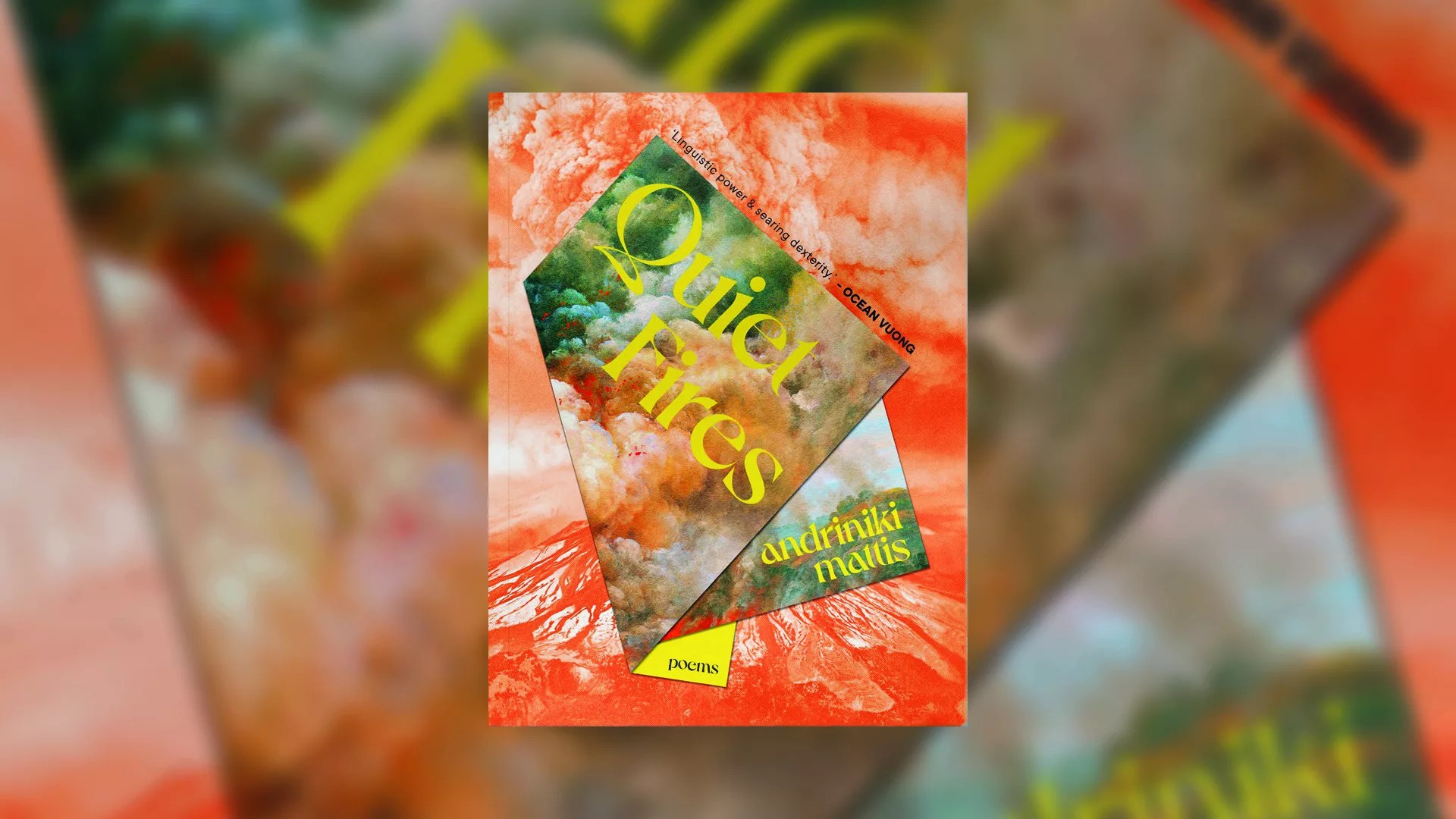“if i am the only black person at a party/is it still a party.” The opening piece of andriniki mattis’s debut poetry collection, Quiet Fires, is a remarkable long poem exploring systematic violence within nation states. Along with introducing the collection’s main themes, it familiarises readers with mattis’s syntactical and structural choices. Readers are guided by indentation, varying line lengths, isolated words, and an almost iconographical approach by way of punctuation and textual symbols.
Your support changes lives. Find out how you can help us help more people by signing up for a subscription
These formal strategies merge evocatively with mattis’s keen pressure on language – mattis is exact in the way they turn a line towards metaphor – to shape a tension that slices open the realities of living as a transgender Black person in America. Questions of embodiment are central. The poems vocalise complex notions of safety and vulnerability, of what has been inherited versus what has been imposed, and of golden self-discovery. There is a beautiful tenderness in Quiet Fires, one that encompasses ‘hazardous joy’ and ‘autumnal longing’.
When in a poem midway through the book, mattis writes, “a universe/splitting at the crux/of me”, the lines unspool carefully; they land in a multiverse of self-love and curiosity; rife with inheritance and collective memory.

Quiet Fires by andriniki mattis is out now (Anamot Press, £12).
This article is taken from The Big Issue magazine, which exists to give homeless, long-term unemployed and marginalised people the opportunity to earn an income.









